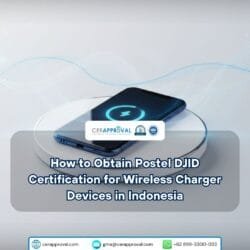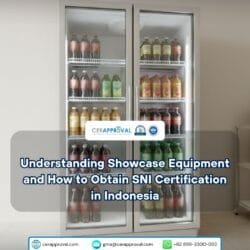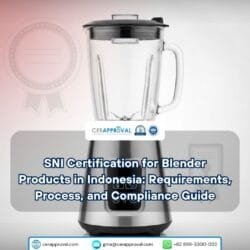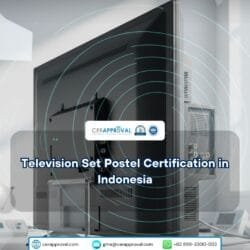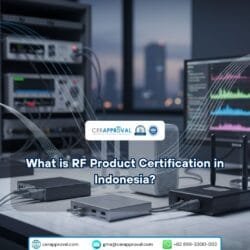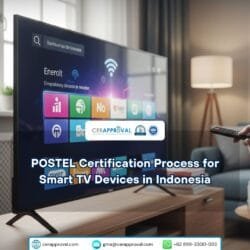How to Obtain Postel DJID Certification for Wireless Charger Devices in Indonesia
The demand for wireless charger devices in Indonesia continues to grow alongside the rapid adoption of smartphones, wearables, and IoT devices. However, before distributing or selling wireless chargers in the Indonesian market, manufacturers and importers must ensure compliance with national telecommunications regulations. Products that emit radio frequency or have electromagnetic characteristics are required to obtain Read more about How to Obtain Postel DJID Certification for Wireless Charger Devices in Indonesia[…]

